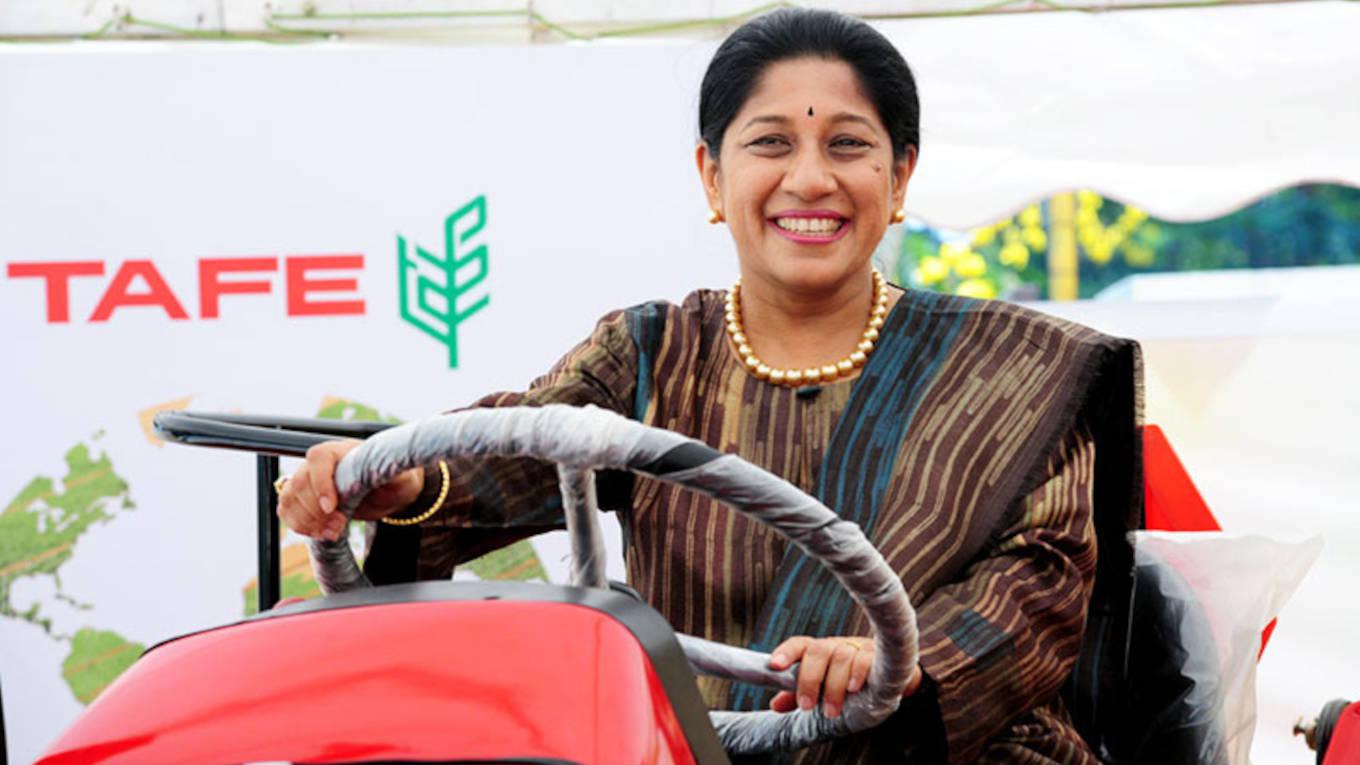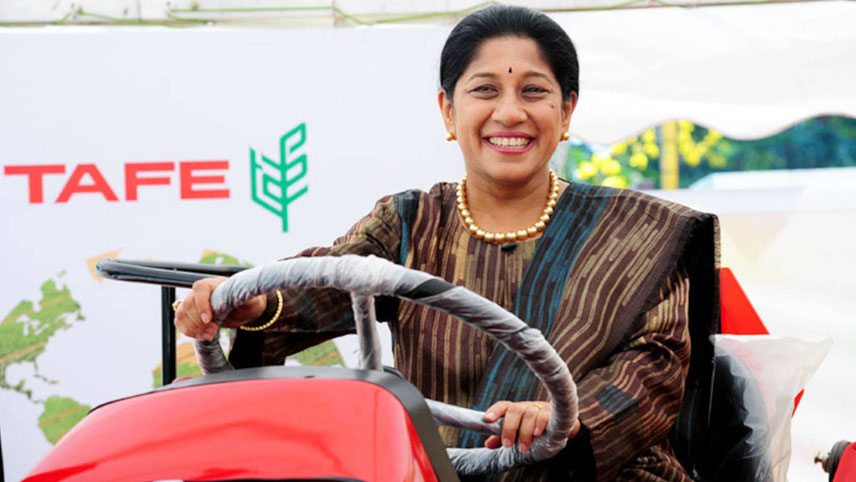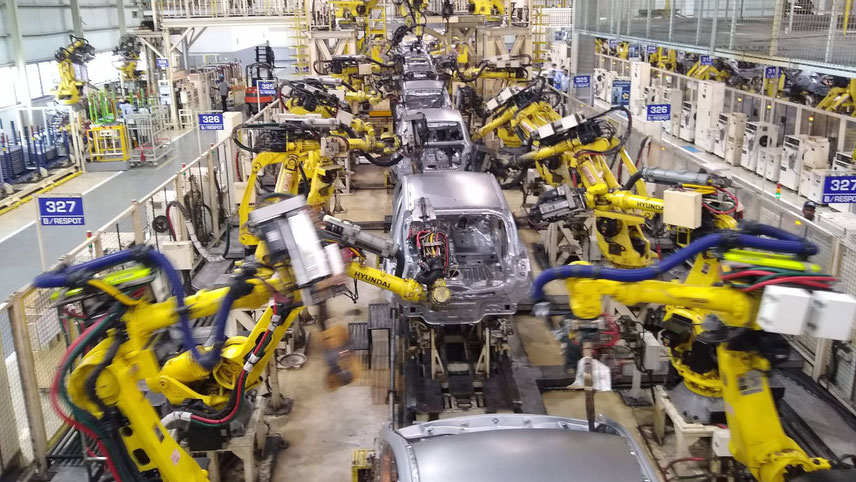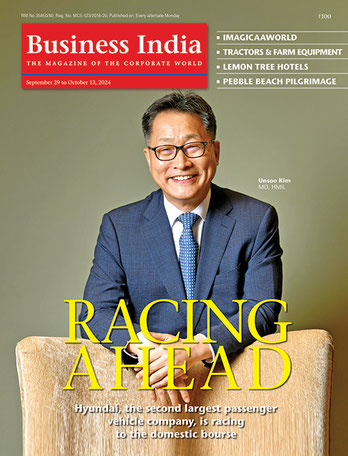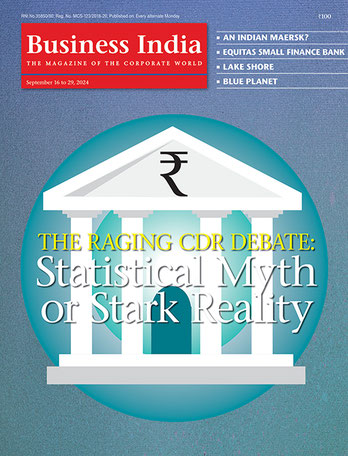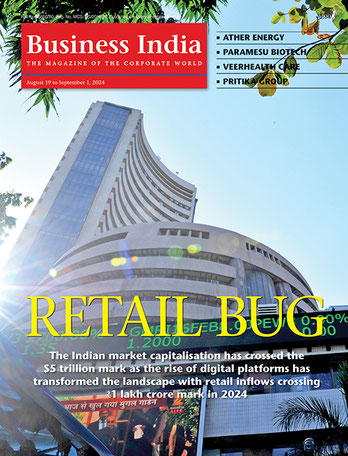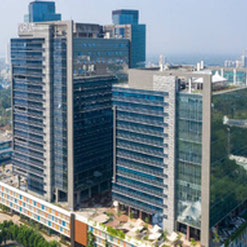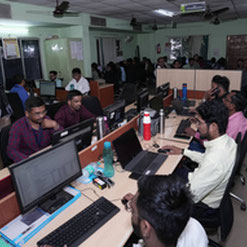-

One of the largest tractor manufacturers in the world, TAFE sells over 200,000 tractors annually
The trademark usage agreement with TAFE dates back to 1994. The first trademark pact was signed in 1974. That allowed TAFE the right to use the MF brand for limited tractors made by Massey Ferguson and their associated components and spare parts in India. The 1994 agreement, however, allowed TAFE to use the MF brand solely for tractors it manufactured or had manufactured for it in India.
TAFE has invested time, man-hours, effort and money in designing, developing and distributing the MF brand of tractors over six decades in India. So much so, TAFE, AGCO and Massey Ferguson have all been perceived as one in the Indian marketplace, especially.
The termination notice issued in April this year by AGCO, according to TAFE, is an act of `bad faith’ and could impair the commercial interests of both the companies. Following the April notice, TAFE moved and got a status quo order from a commercial court in Chennai on Massey Ferguson brand use. Even this fact that the over six-decade-old relationship has gone to the court is unthinkable and indigestible for many a long-time watcher of these well-groomed business partners.
What explains this sudden development? One has to delve deep into the evolution of Corporate America to understand it. The answer could well be in the rise of agency capitalism – the fundamental changes that have evolved in the ownership of US public companies, with equity ownership shifting from dispersed individual owners to concentrated institutional owners, specifically investment intermediaries, such as pension funds, mutual funds and bank trust departments.
What is agency capitalism? Under agency capitalism, record-holding ‘agents’ own equity ownership of a large share of the economic base on behalf of beneficial owners. For instance, there are funds which represent and vote for the shareholders; while CEOs, who too are supposedly responsible to the same shareholders, manage the company on the vote of these funds! The inherent contradiction cannot be missed here.
Studies are aplenty on the shareholding pattern of Corporate America. Most of them point to high concentration of institutional ownership and the low holdings of insiders. They suggest that institutional investors play a central role in corporate governance and have both an incentive and ability to monitor management. Significantly enough, the shift towards concentrated institutional ownership is found in firms of all sizes. As firms grow, control too seem to shift from ‘insider governance’ to ‘institutional governance’.
In the case of AGCO, institutions – such as The Vanguard Group, Vanguard Fiduciary Trust, BlackRock Advisors, Victory Capital Management, (Investment Management), LSV Asset Management, Dimensional Fund Advisors, State Street Corporation, Massachusetts Financial Services and Davis Selected Advisers – together hold over 40 per cent of its outstanding shares. Interestingly, however, Mallika Srinivasan (TAFE chairman) is the single largest shareholder, owning 16.21 per cent of the outstanding shares of AGCO.
Collateral damage
Both TAFE and AGCO have holdings in each other. And, they have signed licence agreements for MF brand of tractors in many markets. Given all these, it is difficult to fathom the collateral damage this face-off could cause to the intricate interplay of commercial transactions between AGCO and TAFE.
-
Is the termination act a ploy to side-step governance issues? TAFE at least is convinced that the termination act is a diversionary attempt
Is it easy to erase in one stroke the carefully cultivated bonding of over six decades? A coercive disengagement isn’t going to be that smooth. Besides the legal overtones, the TAFE-AGCO fracas has now gone beyond a mere commercial dispute and escalated into a serious governance issue at AGCO. TAFE, the single largest shareholder in the company, has moved the Securities & Exchange Commission (SEC) of the US with a fresh 13D filing. Sections 13(D) and 13(G) of the Securities Exchange Act of 1934 of the US require investors who beneficially own (directly or indirectly) more than 5 per cent of a covered class of equity securities to publicly file a Schedule 13D.
Through an amended 13D filing, TAFE has flagged off serious concerns over governance at AGCO. “The calculated and protectionist actions certain members of the board of AGCO have taken have the potential to further negatively impact the operational performance of AGCO, shareholder returns and corporate governance,” TAFE has said in its 13D filing.
“Rather than address issues plaguing AGCO, flaws with AGCO’s corporate governance, wholly inadequate engagement with shareholders, financial and operational performance in key areas, etc, these directors have sought to distort agreements, trust and co-operative frameworks that existed between AGCO and TAFE,” TAFE adds in the 13D filing.
Coming as it did a couple of days after TAFE agreeing to extend the standstill agreement for one more year from April 2024, the unilateral termination of the commercial agreement was a bolt from the blue for TAFE. “It had agreed to extend the duration of the agreement (despite there being no necessity to do so) in good faith, to provide adequate time to discuss and resolve strategic and risk-related issues that it had highlighted while objecting to the curtailment of its shareholder rights sought by AGCO,” the filing with SEC explains.
The standstill agreement (on keeping a freeze on its holding) has been in place for 10 years in the spirit of long-term strategic investment and partnership. “Particularly troubling is the fact that the board made no mention of any perceived issues affecting the commercial relationship between TAFE or the impending termination during the full board meeting on 25 April 2024, which the AGCO board member and TAFE representative Mallika Srinivasan attended,” it stresses.
A diversionary attempt?
Is the termination act a ploy to side-step governance issues? TAFE at least is convinced that the termination act is a diversionary attempt. The extension of the term of the standstill agreement, which expires on 24 April 2025, and the timing of termination act, according to TAFE, are suggestive of a calculated maneuver to disenfranchise the Chennai company and stifle its ability to seek changes while protecting management and the board.
The misadventure on the TAFE front comes at a time when the focus should squarely be on stemming the slide in its competitive position caused primarily by ‘short-sighted operational strategy’ that does not address structural readiness for the down cycle, according to a top TAFE official.
“The failure to effectively integrate and derive value from costly acquisitions has led to significant write-offs, including the recently-announced sale of the majority of its grain & protein business, which has incurred a total loss of $670.6 million, after being acquired by AGCO for nearly $1.5 billion. The acquisition-focussed mindset has shifted valuable time and attention away from internal innovation and growth, with several key investments failing to deliver returns and critical projects falling short,” TAFE’s 13D filing adds.
-

In legal trouble: Is Massey Ferguson moving away from TAFE?
“The second quarter 2024 earnings results, which fell short of expectations and its lower guidance for the year, demonstrate the company’s inability to adapt in the face of reduced demand. This insufficient strategy further highlights the significant gaps in management’s capabilities and the board’s oversight, as well as the urgency for stronger governance and a strategic reset at AGCO,” it further says.
AGCO said in June that it would slash its salaried workforce by as much as 6 per cent, as a first step of a broader effort to streamline its operations amid the weakening demand. Rivals Deere and CNH Industrial NV have also announced plans to cut workers as part of efforts to cope with the downturn. The road ahead appears to be bumpy for the tractor makers.
Significantly enough, the largest shareholder has also called for separating the roles of chairman and CEO, adopting additional shareholder-friendly governance structures and undertaking a meaningful board refresh to restore a level of oversight and accountability to ensure that the board is truly independent from management and is acting in the best interest of shareholders.
Raising a host of issues that particularly impinge on the overall governance in the organisation, TAFE has indicated that it will explore all options, including a consent solicitation to remove and replace certain members of the board and/or litigation, to ensure that the board and its leadership are held accountable. The AGCO-TAFE imbroglio has attracted more than a cursory interest among corporate honchos and state administrators alike. It has now become a litmus test case for India and Indian firms to assert their legitimate place in the international business world.
